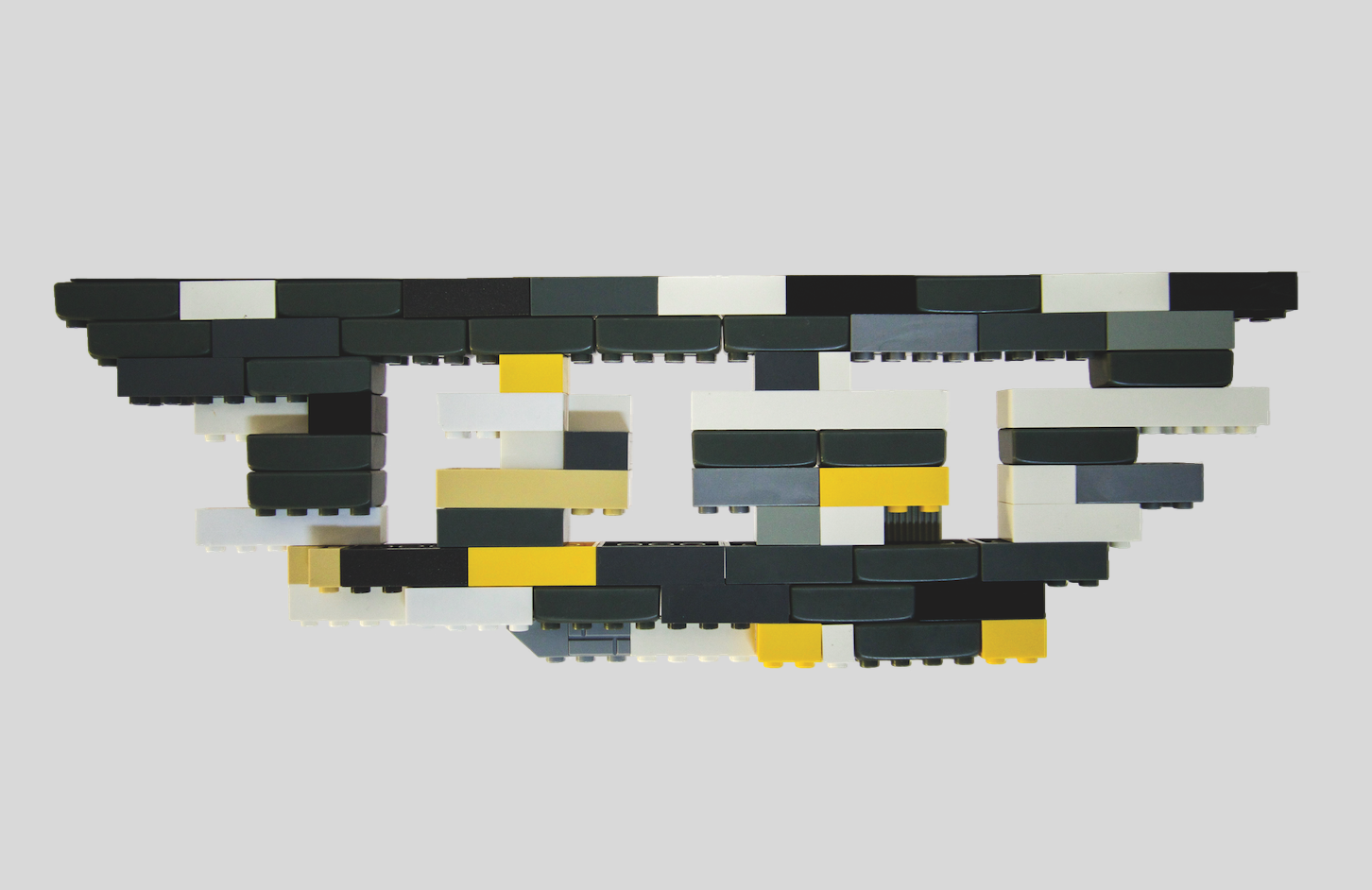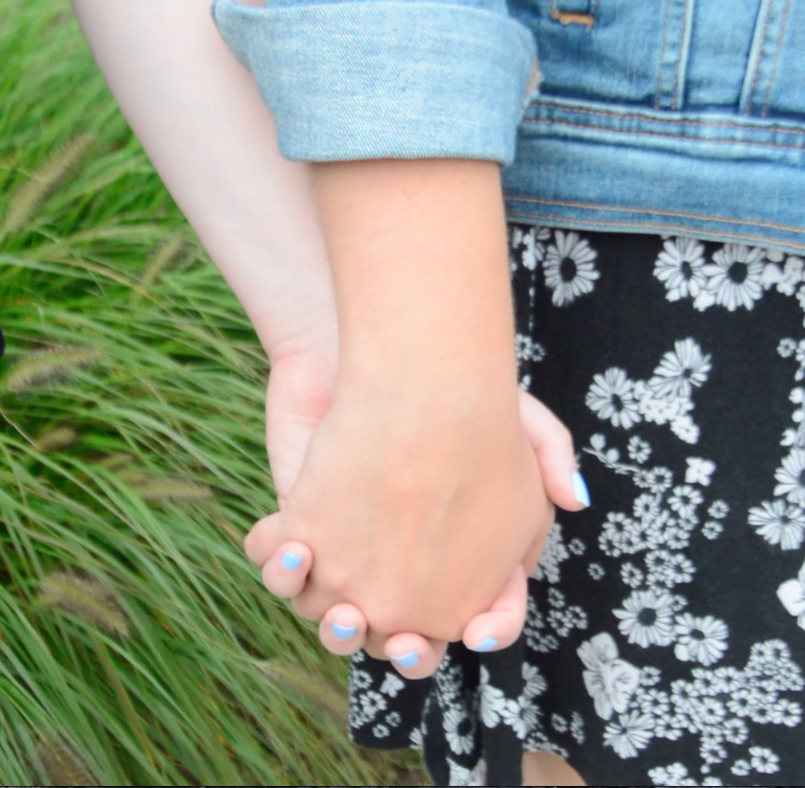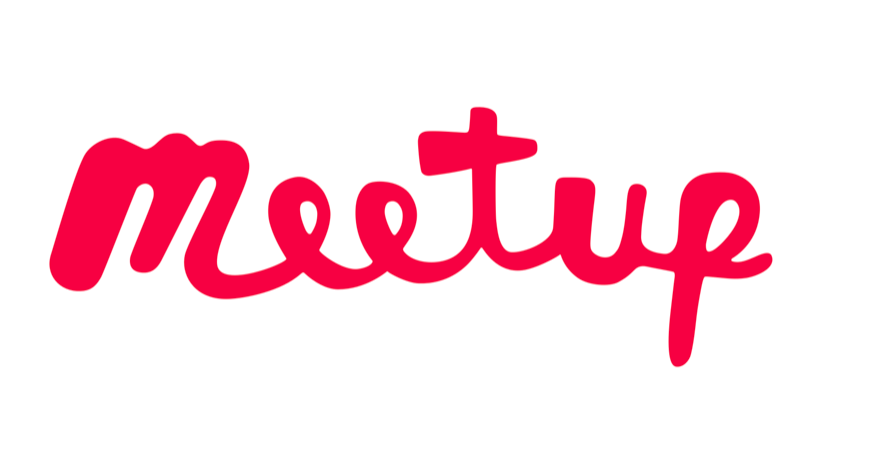The importance of fostering friendships in new settings


In a brand new, terrifying place, one begins to feel the deep traumas of loneliness. This is inevitable: people are weak. We need the nurturing and care that only the solid foundation of a relationship with another person can create.
But fear not, new arrivals to the Wilfrid Laurier student life–this article aims to help you make sense of the necessity of friendship and–by creating that understanding–assist you in piecing together brand new, lasting relationships of your own.
In short, I got you.
To begin, it’s imperative to recognize what exactly a human friendship is in the modern, always-online world. In order to gain a bit of better understanding on this, I spoke with Joy Lang, a registered social worker with Cardinal Counselling.
“It’s really hard to figure out how to go out and make friends if you don’t belong to … a social group,” Lang said.
“A lot of people come here and they don’t know anybody. They come for a new job, or they come for university,” Lang continued.
“It can be a really hard place, I think, to make friends,” she said, “so websites like MeetUp have actually been very helpful for a number of clients that I have because it allows them to meet other people with similar interests.”

For those unaware, MeetUp is a popular website that acts as a social matchmaker. People register in their area and then sift through communities based on their particular interests.
The options are wide and varied, with incredibly niche focusses like ‘Girl Geek Dinners’ and ‘K-W Salsa Meetup’ still scoring memberships of over 500 people.
But MeetUp is most interesting because of what it reveals about the human condition: the fact that, no matter how far our society pushes toward a digitized, pragmatic world, people naturally yearn for the interpersonal connection of other like-minded human beings simply being around them.
“One of the drawbacks [of the digital age] is that so many people are connected to their phone and social media that it is hard to get out of the house and to go and actually engage in friendships face to face,” Lang stated.
“I see a lot of clients who talk about being quite lonely. They are on social media a lot [and] often there’s envy about the life that they think everybody else is living and the activities they’re involved in.”
This lack of satisfaction found in the online social world is a prevalent topic of study when attempting to understand the latest generation. Known by several different monikers–including Generation Z or iGen–those born after 1995 have grown up in an unprecedented world of perpetual interconnectedness, thanks to the evolution of the smartphone.
But this creates many unforeseen differences that interplay between living on one’s phone and finding satisfaction in one’s life. While hardly conclusive, studies show a staggering correlation between youth–since the advent of the iPhone–spending less time physically with friends, spending more time online with friends and a deep-seated feeling of perpetual loneliness. This claim was substantiated in a study that recently appeared in The Atlantic magazine, appropriately titled “Has the smartphone destroyed a generation?”
In short, no matter how much we attempt to justify it as such, living online is not truly living.
There’s a psychological barrier in place that keeps a person from feeling the same belonging and the same social cohesion that real interactions with human beings allows for.
This devalues the digital world, giving a person’s online life–and by extension, themselves as a whole–a feeling of much lower value.
In order to gain a more practical understanding of platforms like MeetUp and social organization at large, I spoke with Tim Laurence, the organizer of one of the KW region’s larger MeetUp.com groups–boasting approximately 3600 members–The KW Backcountry Travel Meetup.
“Historically, people used to belong to social groups,” Laurence said, making reference to a book by Robert D. Putnam entitled Bowling Alone. “Like a bowling league, or a knitting club, or bridge club. Things like that.”
“Almost everybody belonged to some number of groups like these in their area. With the internet, people continued to be socially engaged, but they were being disengaged from their physical neighbourhood. From the people who were physically around them.”
“MeetUp is a way of taking the internet and actually creating a physical connection. It’s probably an improvement in some ways because you can have smaller communities, more niche communities who can find each other more easily.”
“I think that there’s also a lot to be said for the depth of relationships … [they’re] different in person and on the internet.”
This kind of alignment illustrates something important about human nature: it prioritizes a component of physical human connection. People strive to be alongside one another and deeper, more real connections are forged in these types of environments.
It’s a difficult world to make sense of and the necessity of non-digital friendship is hard to understand; the real world is a scary place, and yet interactions can be forged and nurtured from the safety of one’s own room. So what’s the point in leaving?
The point is that we’re still asking these questions. That we still feel the need to go out and interact with people.
While 90 per cent of the KW Backcountry MeetUp group tends never to involve themselves in the actual, real-world activities, the fact that so many people join the website and sign up on what Laurence sees as an aspirational basis is significant.
This is transitory: interests are an enormous part of how a person operates and how they spend their time, but in a lot of ways these interactions are merely tools by which people create more permanent, intimate relationships.
Laurence spoke easily about seeing fragments of the groups breaking off into smaller, more personal friendships and romantic relationships.
“A friendship is deeper than an activity,” Lang reaffirmed. “There needs to a be a conversation; there needs to be a feeling of understanding.”
“Human beings are social creatures. If you buy the evolutionary psychology view of it, if you didn’t have friends and family and connectedness, you were in danger–literally–of dying.”
“You were in danger of being expelled from a group and that would mean certain automatic death; we’re engineered to be social creatures.”
“So I think friendship is about meeting certain needs. It’s about feeling belonging, it’s about feeling there are people who actually accept you for who you are, who like you … all of those I think are really important. I think life is really tough if you feel like you’ve got nobody that actually cares.”
Where it becomes difficult is recognizing the difference between a simple interaction and the creation of a legitimate friendship. These factors lack distinct, quantifiable details, especially because there are substantive ethereal qualities that tend to be lacking in simple human energies.
Lang spoke briefly of the qualitative differences between embodying the same space as people with similar interests and actually being a part of a community.
“You can go to a show–for example … go see your favourite band–and you might enjoy the energy that’s there, but it doesn’t allow you to connect with other people on a personal level,” Lang said.
“You’re just enjoying an experience together.”
“I would say that that’s quite different from friendship. I think that that can still be really lonely”
To bring this into some semblance of a conclusion: you freshman kids are lucky and you’ve got to realize that. You’ve got a whole world here, on campus, barely beyond the reach of your fingertips.
This is your chance to engage with your world on a totally personal level. This is your chance to get out and meet people and to be a part of a larger community. In doing so, you will be nurturing your humanity and simultaneously accounting for your social needs.
As I discovered in setting out to write this article, it’s hard to break a friendship down into a quantifiable series of actions or steps. Human beings are a diverse group of creatures with different likes and dislikes, with different senses of humour and different things that drive them.
So the question is … how can I make friends?
“The universal advice that I would give is be interested in other people,” Lang said. “Ask them questions as well. It’s not all about us, when you’re making friends.”
“It shouldn’t be one-sided, but I think sometimes it’s easier to connect with someone by asking them questions about themselves and being able to say ‘wait, I like that too’, or ‘wait, I’ve had an experience like that as well’. I think often that’s how a friendship is born,” she finished.
So join a club. Get involved. Even if there’s nobody you interact with on a daily basis (roommates, classmates), there’s still a whole list of diverse opportunities perfectly tailored to your needs within this very issue of The Cord (see other feature), or a thousand different MeetUp groups just waiting for you online.
New students, new Waterloo residents, anybody else taking the time to read this in hope of some more significant insight on interpersonal relations than I can possibly reveal to you: recognize that you’re just a bunch of diverse, chaotic, beautiful souls looking for the same thing.
We’re all in the same boat, so do what you can to turn it into a friend-ship.
- These claims are based on a study that recently appeared in The Atlantic magazine, online port of article here: https://www.theatlantic.com/magazine/archive/2017/09/has-the-smartphone-destroyed-a-generation/534198/

